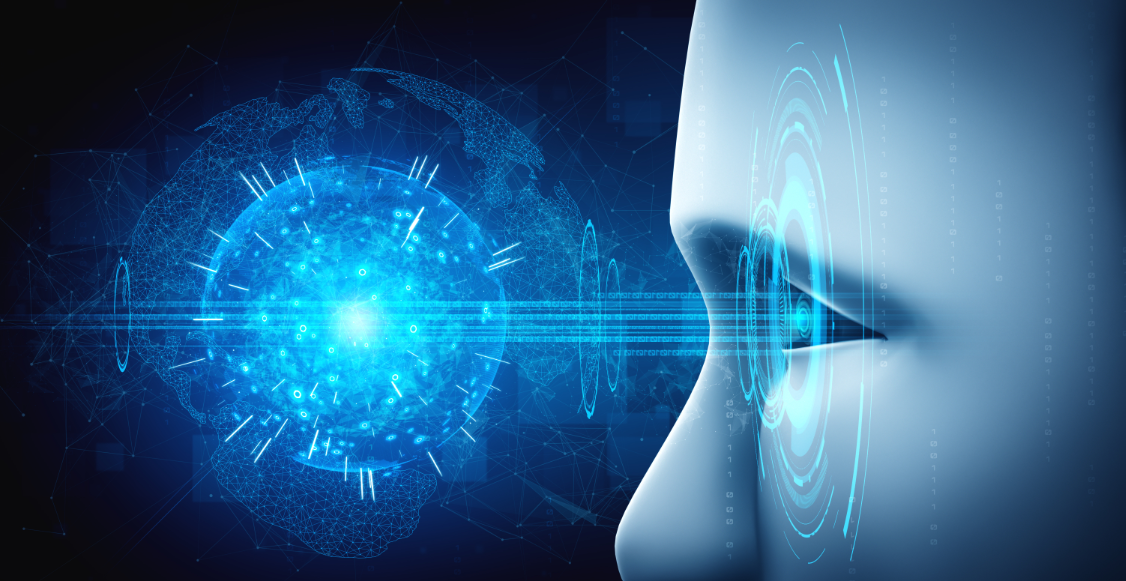

Artificial intelligence (AI) is rapidly integrating with the catering industry to reshape dining experience and operational efficiency. From automating kitchen processes to personalizing customer interactions, AI plays an important role in the restaurant business. This article will take an in-depth look at how restaurants are leveraging AI tools and the role that AI technology may play in the industry in the future.
Today, AI has been widely integrated and significantly improved the customer service experience in restaurants. For example, chatbots are increasingly being used to handle bookings and answer customer questions. Recently, McDonald's just acquired the AI company Apprente to integrate voice-based AI technology into drive-thru restaurants to achieve faster and more accurate ordering services. At the same time, Domino's Pizza uses AI assistant Dom to handle online orders, which simplifies the ordering process and improves customer satisfaction. In addition to customer service, AI is also playing an active role in personalized dining. Restaurants can use AI systems to analyze customer data and provide personalized recommendations and promotion guidance. A typical example of this is Starbucks' Deep Brew program, which provides customers with tailor-made meal recommendations based on their past purchases and preferences.
In the kitchen, AI is assisting in optimizing operations and food preparation processes. For example, Zume Pizza uses AI-driven robots to assist in meal preparation, improving efficiency and product stability. These robots can improve pizza quality by perfectly applying sauce and assessing cooking times. In addition, inventory management is another application area where AI has made significant progress. The AI system can evaluate inventory needs based on historical data and future orders, helping restaurants control inventory within a reasonable range. Dishoom, a restaurant chain headquartered in London, used AI inventory management tools to successfully reduce food damage reports by 20%.
AI is also revolutionizing menu design by analyzing customer preferences and market trends. Machine algorithm suggestions will suggest various menu adjustments that are more attractive to customers, thereby boosting sales. For example, a Japanese sushi restaurant used AI to redesign its menu based on customer feedback and found that customer satisfaction increased by 10%. In meal design, AI is also helping chefs create novel recipes. Chef Watson built by IBM is such an AI system that will suggest ingredient combinations that are often overlooked by human chefs, thereby creating unique recipes. This innovation has provided many high-end restaurants with novel and well-received dishes, such as chocolate Austrian rolls and Vietnamese apple kebabs.
Marketing is another vertical area where AI has great value for the catering industry. AI systems can analyze customer data and create targeted marketing campaigns. For example, the American restaurant chain Chili’s uses AI to analyze customer data and compile personalized marketing messages to increase customer engagement and restaurant sales. At the same time, AI can also help restaurants improve services through customer feedback analysis. AI algorithms analyze comments and feedback on various platforms and quickly provide actionable insights. TGI Friday has established an AI-driven marketing platform that can analyze customer preferences and opinions and significantly improve its marketing strategy and customer experience.
Looking to the future, AI is expected to further change the entire catering industry. Virtual reality (VR) and augmented reality (AR) are leading a new trend in immersive dining: restaurants will use AI and VR/AR to create immersive dining experiences, such as virtual winery tours to participate in wine tastings or themed dinners. In addition, AI-powered personal diet assistants will also be of great help. Imagine an AI system analyzing our past eating habits and suggesting the best recipes. These personal dietary assistants can help us manage inclusion and health by providing suggested dishes based on the user's health goals or physical limitations, ultimately bringing great benefits to society as a whole. In addition, the machine can also provide automated quality control functions, including using AI technology to carry out continuous quality control in the kitchen to ensure that every dish meets high standards. Of course, AI also has more traditional use cases, such as restaurants using AI to carry out predictive analysis and trend inference. Future AI systems will be very good at predicting upcoming flavor changes, helping restaurants stay ahead of the curve in menu design. Finally, our future eating experiences may also be based on robot assistance. In the future, restaurants may increasingly be equipped with AI-driven robots to assist in serving food and even cook in conjunction with chefs, thereby bringing a unique dining experience.
The integration of AI technology and the catering industry is not only a trend, but also a transformative shift, and is redefining the dining experience and industry operating efficiency. From enhancing customer service to revolutionizing kitchen operations, AI has become another powerful tool in the world of cooking. As technology continues to advance, AI will have unlimited potential in the restaurant environment. Not only does it help improve efficiency and customer satisfaction, it also delivers an unprecedented dining experience. In summary, whoever is willing to actively embrace AI technology can provide more excellent catering services and ultimately maintain a competitive advantage in a highly competitive and rapidly developing industry.
The above is the detailed content of AI in the culinary world: revolutionizing restaurant operations and customer experience. For more information, please follow other related articles on the PHP Chinese website!




